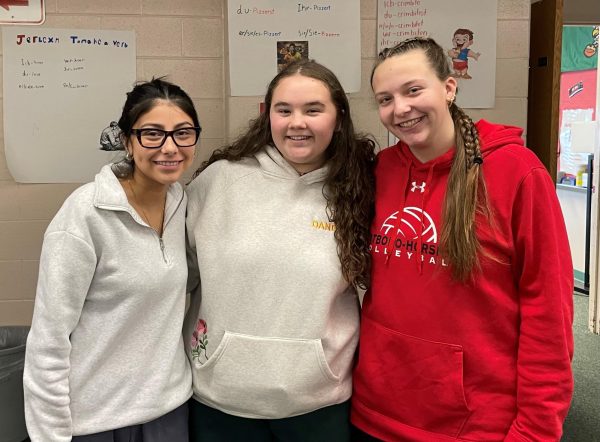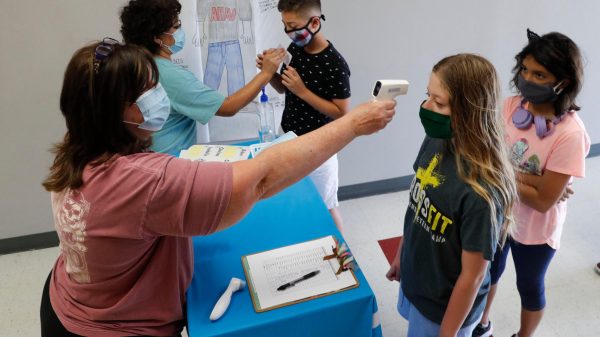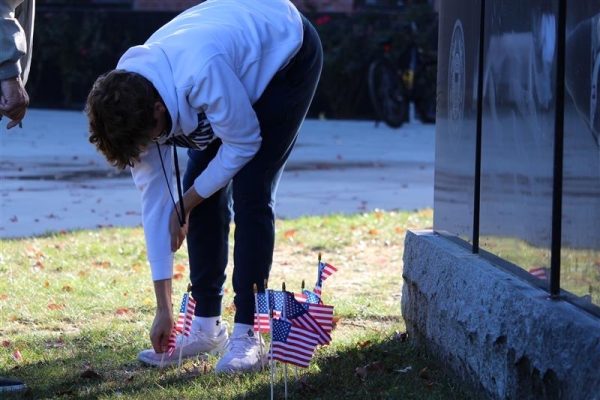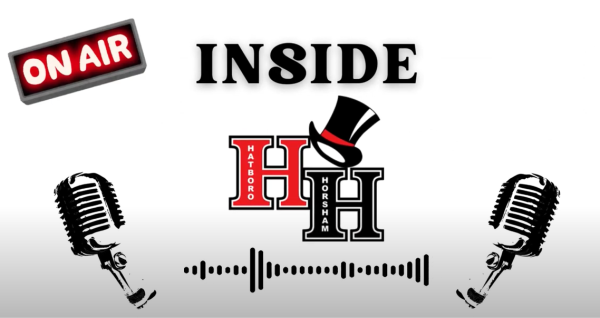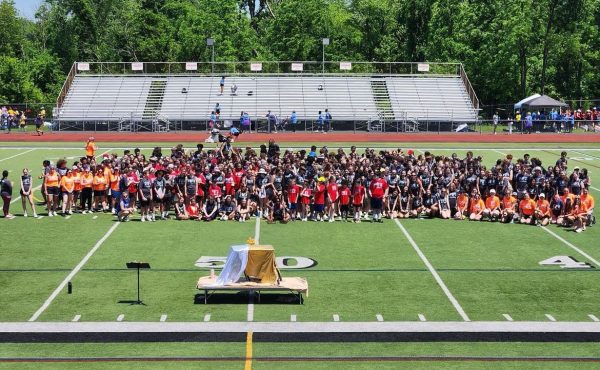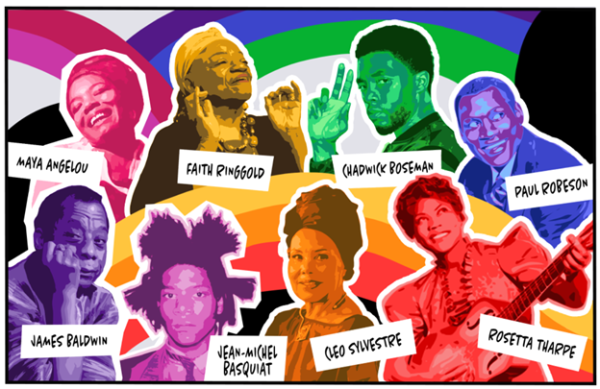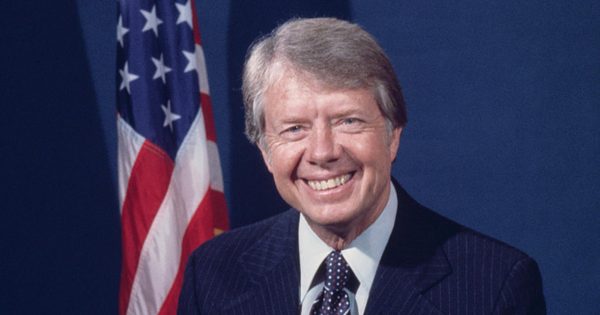Election Debates in the Classroom
The presidential election is upon us once again. As voters tune in to the debates trying to figure out whom they will vote for, teachers are trying to incorporate discussions about the election into the classroom, but it is not always easy.
AP World History teacher Mrs. Maya Goldberg explains the importance of such discussions. She said, “How can students develop a political and social identity if they are uninformed? Educators (especially social studies teachers) have to be willing to give students a space to practice talking about political ideas as well as learning about factual realities in our world that we can grow up with a political identity.”
Civics teacher Mr. Dennis Steinly agrees. He says, “Classrooms are safe places– especially right now [in high school] it’s a good place to talk because most students will be of voting age soon and should be exposed to the real issues.”
At the same time, though, it can be tough for teachers to have these conversations with students without giving a biased opinion. Civics and government teacher Mr. Bryan Moore explains, “There is no way to remove bias. The greatest struggle I experience is, usually, when things are taken out of context; that is, when a discussion organically moves through several topics and someone is told only about one part of it. It’s as if one took a nude figure from Michelangelo’s Last Judgment and claimed he was a pornographer.”
However, Mr. Moore said he believes that in a classroom it is possible to still share opinions without trying to influence students or be disruptive. He said, “I am likely in the minority, but I believe teachers can and should share their opinions on topics, including elections, and can do so without ‘pushing’ their ideas onto students. Teachers are meant to model learning, and if students have limited exposure to modelling critical citizenship, that’s a problem. At the high school level, to suggest teachers can ‘indoctrinate’ students is naïve and condescending to the students’ own critical thinking skills.”
Mr. Steinly agrees. He says, “[Bias is] something that is a big part of politics and it’s dominating the news not the classroom.”
These teachers see the election as an opportunity, not a burden. In other words, as Mr. Moore explains, “The 2020 election is a boon for any civics course; seeing democratic theory in real-world action is a perfect opportunity to educate. All elections are such ripe times for education, but when it is contentious, it’s that much the better.”
Mrs. Goldberg agrees. She said, “Sometimes in classrooms there have been instances in my experience where discussions get a little too heated, but if there is a problem that occurs between two students we fix the solution and we continue on. All my students both in the club and classroom know that the school is a safe place for them to share their opinions and as teachers we value those opinions. These groups of students are our next generation so is it not important for them to create this political identity? What better place to start working on this then in school?”
Mrs. Goldberg also believes that bias and politics do not necessarily go hand in hand. She said, “Educators (and I believe all people) also have a social responsibility to uphold justice. Justice is fundamentally different from politics, even though it is often impacted by political actions. Restrictions or violations of human rights are unjust, regardless of which political party enacts them.”


